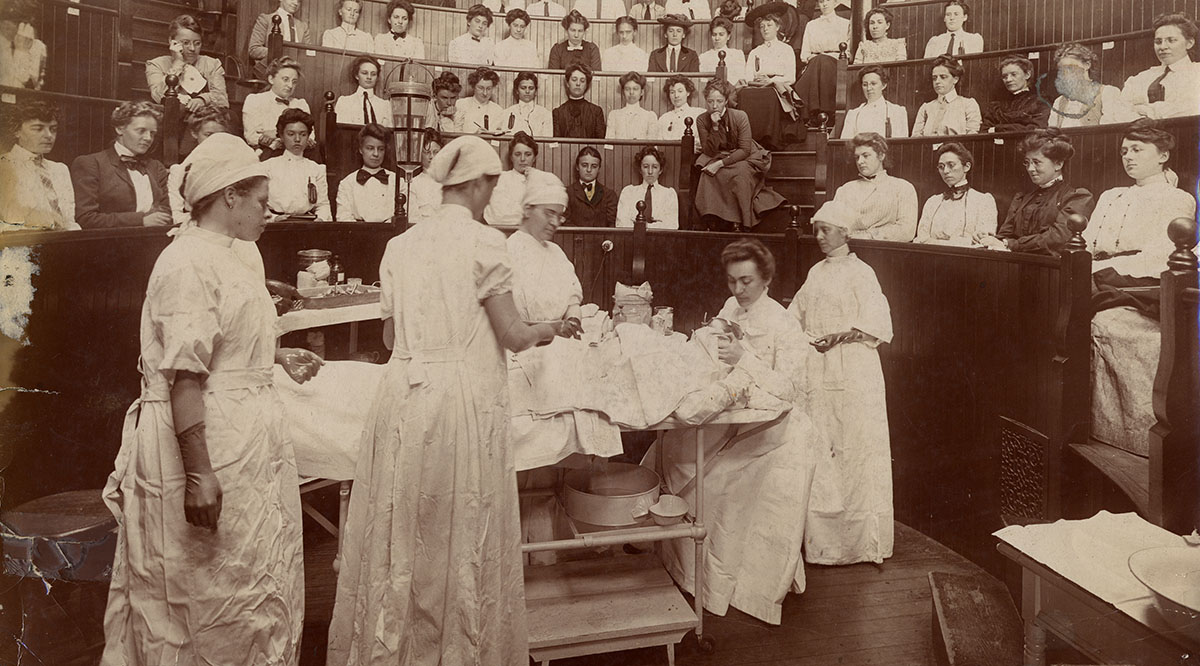
FAQ About Women in the History of Medicine
Women in the History of Medicine
2 years ago | gizem
What was the impact of the thalidomide tragedy on women in medicine?
The thalidomide tragedy had a significant and lasting impact on the field of medicine, particularly with regards to drug safety, regulation, and the role of women in medicine. Thalidomide was a medication that was widely prescribed in the late 1950s and early 1960s to pregnant women to alleviate morning sickness. Unfortunately, it led to a devastating global health crisis, resulting in severe birth defects in thousands of infants. Here are some key impacts on women in medicine:
- Increased Scrutiny of Drug Safety: The thalidomide tragedy exposed the limitations of drug testing and the need for rigorous safety evaluation, particularly during pregnancy. This event led to significant reforms in drug testing protocols, with a focus on evaluating the potential risks to pregnant women and developing fetuses.
- Reevaluation of Regulatory Processes: The thalidomide crisis prompted regulatory agencies, such as the U.S. Food and Drug Administration (FDA), to reevaluate their approval processes for new medications. Stricter regulations were put in place to ensure that drugs undergo thorough testing for safety and efficacy.
- Global Awareness of Teratogenicity: Thalidomide raised awareness about teratogenicity, the ability of certain substances to cause birth defects. This knowledge became crucial for healthcare professionals and pregnant women to make informed decisions about drug use during pregnancy.
- Role of Women in Pharmacology and Regulatory Affairs: The thalidomide crisis highlighted the importance of women's involvement in pharmacology, toxicology, and regulatory affairs. Women scientists and researchers played significant roles in assessing the safety of medications, advocating for more comprehensive testing, and contributing to regulatory decision-making.
- Promotion of Female Involvement in Medicine: The tragedy underscored the importance of having diverse perspectives in medicine and healthcare, including the need for women to be actively involved in research, clinical trials, and drug safety evaluations.
- Increased Patient Advocacy: The thalidomide crisis spurred the growth of patient advocacy movements and organizations focused on drug safety and the rights of patients. These groups worked to ensure that patients' voices and concerns were taken into account in healthcare decision-making.
- Continued Monitoring and Education: Even decades after the thalidomide crisis, healthcare professionals continue to monitor and educate pregnant women about the risks associated with medications and the importance of informed choices during pregnancy.
- International Cooperation: The thalidomide tragedy highlighted the importance of international cooperation in drug regulation and safety. It led to the development of global standards and practices for evaluating and approving pharmaceuticals.
